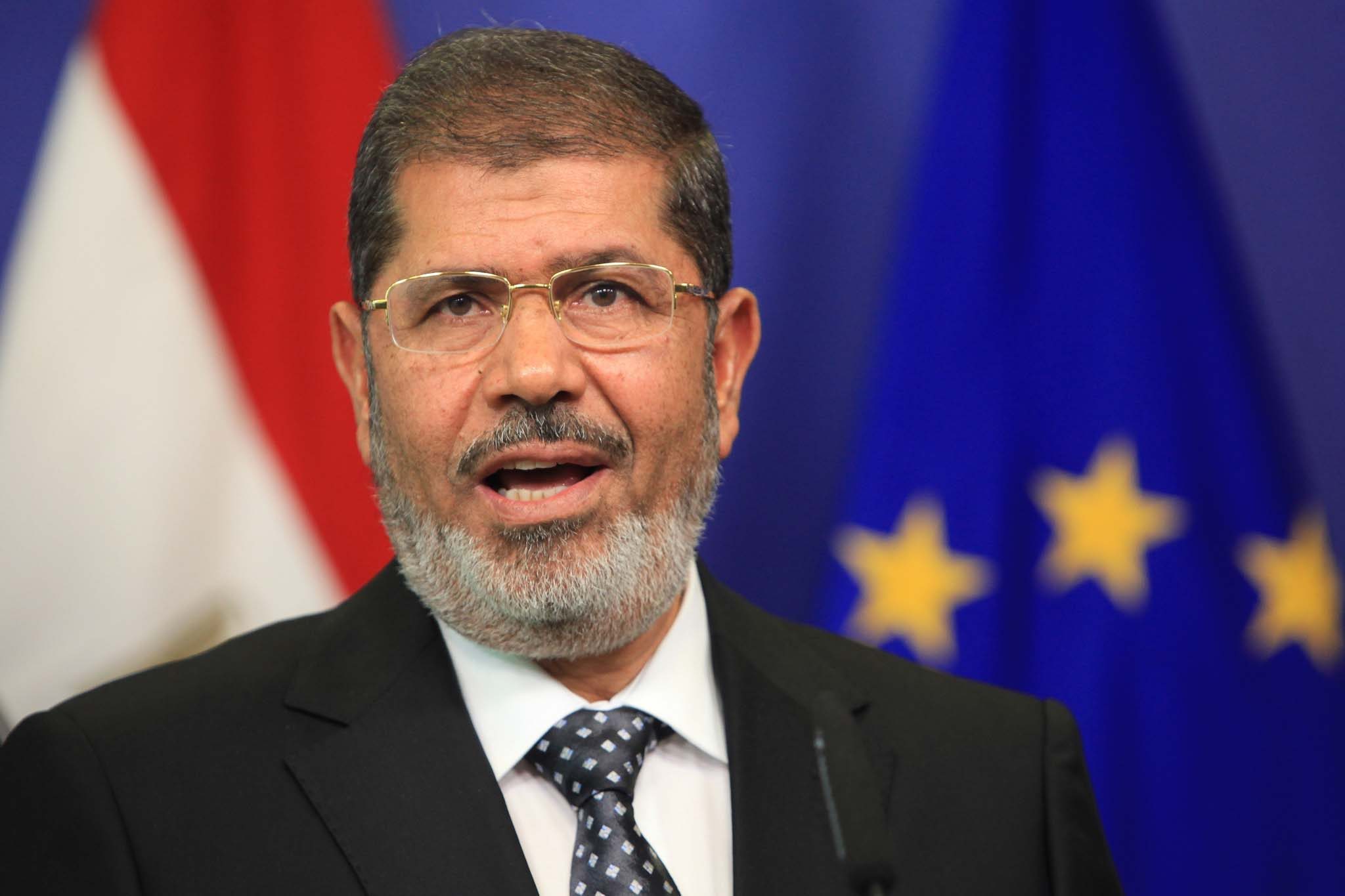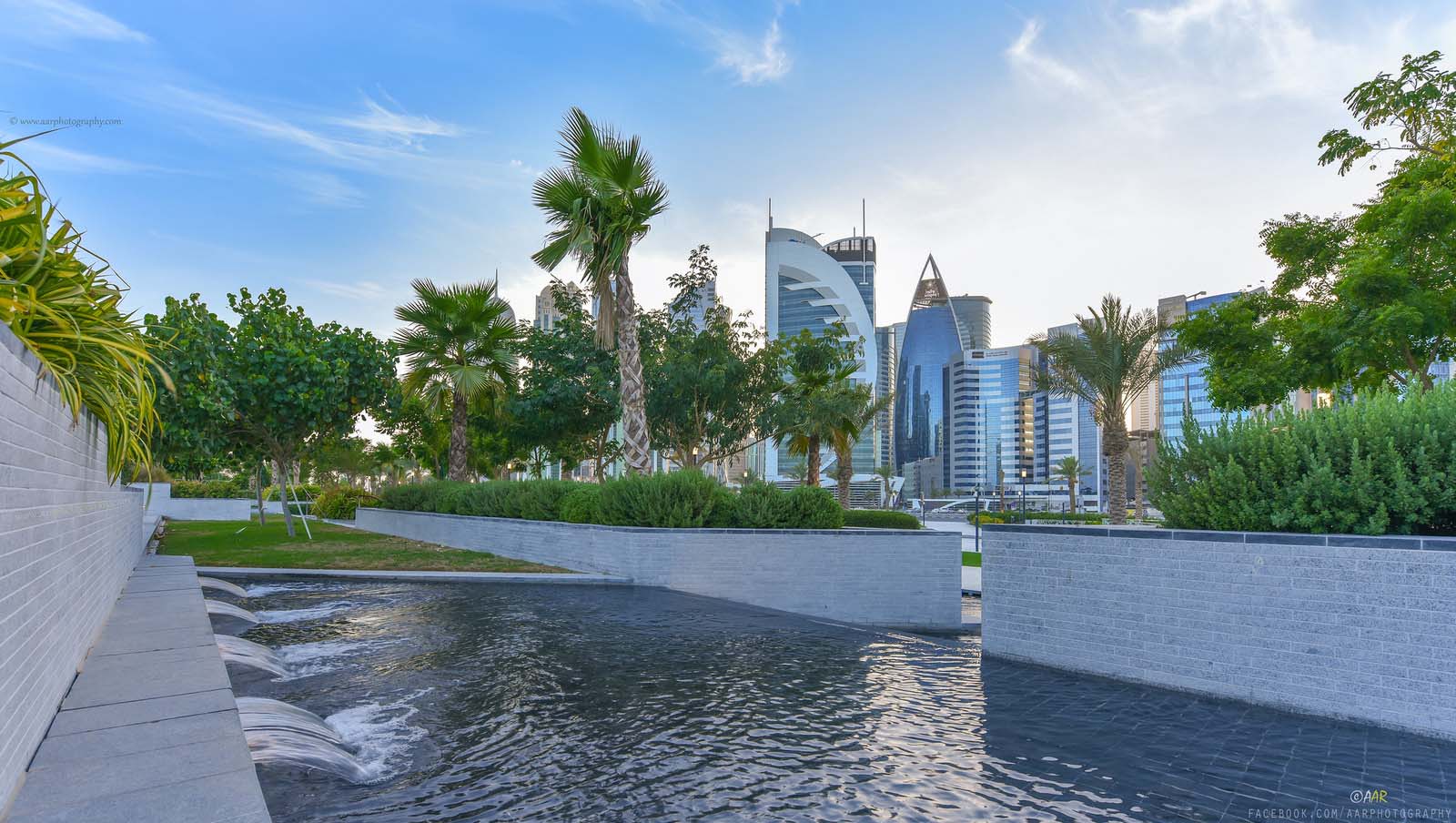
Qatar is likely to remain one of region’s most stable economies in the coming years due to its strong economy, top-heavy governance and politically inactive population, a new report has found.
According to BMI Research, the government’s ability “to provide its citizens with generous subsidies and economic opportunities” is a main reason for the stability.
However, Qatar has implemented some austerity measures in recent years due to lower oil prices and budget deficits.

But when asked about actions such as rising utility and gas prices, BMI told Doha News that these were “unlikely” to have a negative effect on stability.
Andrine Skjelland, MENA Country Risk Analyst at BMI, said:
“The scope of fiscal consolidation remains limited, and the overall impact on Qatari citizens’ living standards will be minimal.
In any case, we believe the government would be quick to scale back measures at first signs of significant popular discontent, preventing unrest from spreading.”
However, BMI’s report noted that political involvement from Qatari citizens is expected to remain “minimal.” Additionally, it forecast that foreign workers will continue to be subject to “heavy restrictions.”
It added that national policies will continue to be shaped by “a small group of elite decision makers” who face few constraints, “in turn ensuring broad policy continuity.”
Trump effect
BMI was also optimistic in terms of the big picture. For example, it asserted that Qatar’s diplomatic ties with the US will remain strong.
This is despite Donald Trump’s presidency and his views on radical Islam and the Muslim Brotherhood.

The report concluded that the continued US military presence at the Al Udeid air base and deep economic ties between the two countries will outweigh other US foreign policy concerns.
BMI’s experts added that a softer focus on human rights by the US would likely work in Qatar’s favor.
“Compared with the previous administration, we expect the US government under Trump to focus less on human rights issues and the spread of democracy in its foreign policy – a trend that will likely be welcomed in Doha, as it limits the potential for external pressure on it to implement political and social reforms.”
Muslim Brotherhood links
Trump’s team is also currently debating whether to designate the Muslim Brotherhood as a terrorist organization.
This move could strain diplomatic relations between the US and Qatar, whose support of the group in Egypt has caused past conflict with its neighbors.

However, BMI asserted that Qatar’s ability to act as a peace-broker in the region, coupled with financial and military concerns, guarantee that the two countries won’t fall out over the issue.
“Doha’s ties to a broad range of state and non-state actors mean it is still considered a facilitator of MENA negotiations in Washington,” the report stated.
“The two countries also have deep trade links, particularly in the energy sector, and Doha has announced plans to invest $45bn in the US over the next five years.”
BMI added that Qatar would likely yield to US pressure over its Muslim Brotherhood ties if required to do so.
This is because relations with the US and other GCC countries are becoming increasingly important amid regional instability, according to the report’s authors.
Thoughts?







